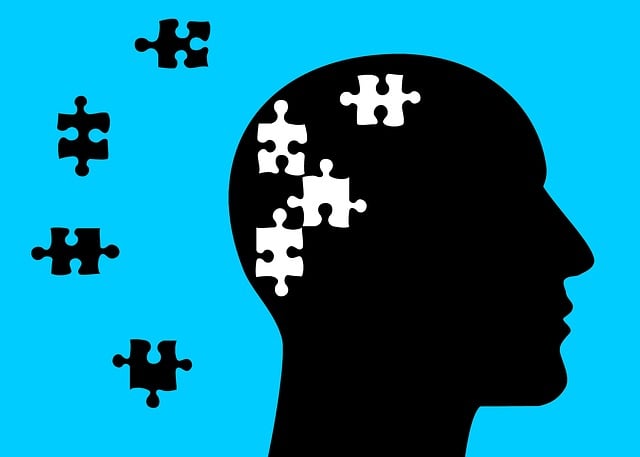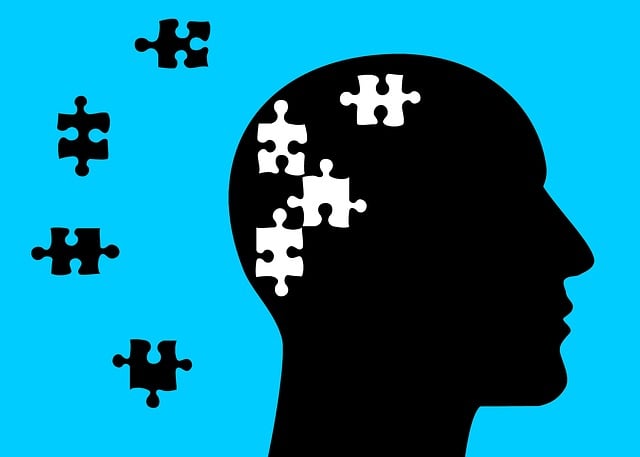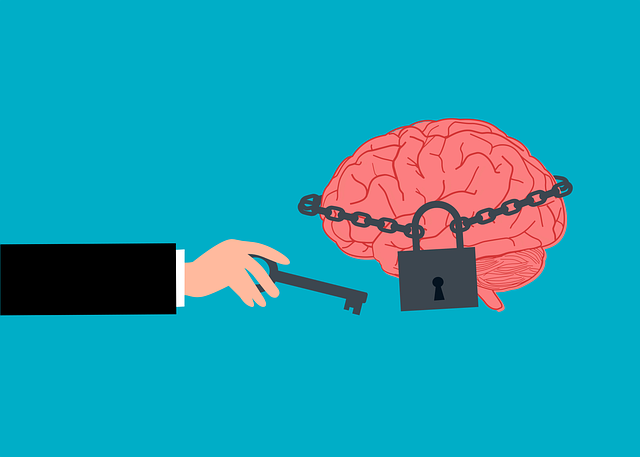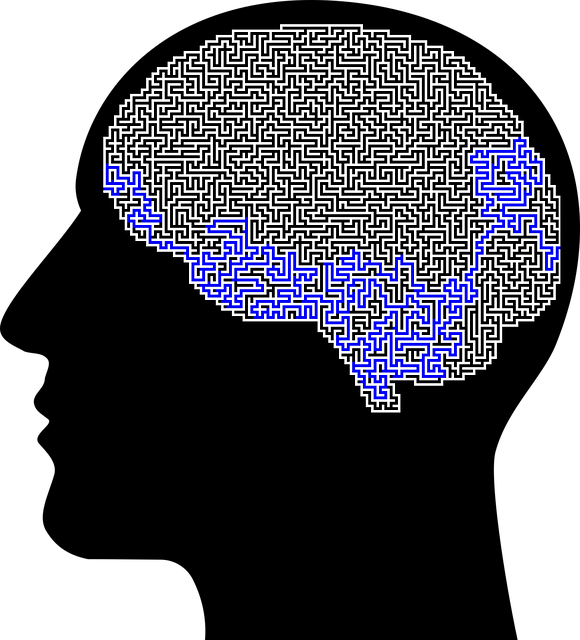Diagnosing mental illness in adults with chronic pain is challenging due to diverse symptoms and subjective reports. Mindfulness meditation, popularized by podcasts, enhances understanding of thoughts and feelings, improving diagnostic accuracy. Innovative approaches like CBT, mindfulness-based interventions, and digital health solutions offer holistic treatment plans, combining traditional methods with modern tools for better patient outcomes. Supportive therapy, focusing on physical and psychological aspects, creates a safe space for processing emotions, modifying negative thought patterns, managing stress, anxiety, and depression, thereby improving well-being and preventing therapist burnout in Therapy for Adults Chronic Pain.
Mental illness diagnosis accuracy is a critical aspect of patient care, yet it faces significant challenges. This article explores the intricate factors influencing diagnosis precision, delving into understanding the complexities. We present innovative approaches aimed at enhancing diagnostic techniques, focusing on recent advancements in mental health assessment. Furthermore, we highlight the integral role of supportive therapy in managing adult chronic pain, offering a comprehensive guide to effective treatment strategies for this population. Key keywords: Mental illness, diagnosis accuracy, therapy for adults chronic pain.
- Understanding the Challenges: Factors Affecting Diagnosis Accuracy
- Innovative Approaches to Enhance Diagnosis Techniques
- The Role of Supportive Therapy in Adult Chronic Pain Cases
Understanding the Challenges: Factors Affecting Diagnosis Accuracy

Diagnosing mental illness accurately can be challenging due to several interconnected factors. One significant hurdle is the complexity and wide range of symptoms associated with various disorders. Conditions like chronic pain, for instance, often overlap with other mental health issues, making it difficult to pinpoint the primary diagnosis. Many individuals experiencing chronic pain turn to therapy for adults with chronic pain, seeking relief from both physical and emotional distress.
Furthermore, the subjective nature of mental wellness can impact assessment accuracy. Patients’ descriptions of their experiences vary widely, and not all symptoms are easily observable by healthcare professionals. This is where practices such as mindfulness meditation have gained traction. Regularly featured in mental wellness podcast series production, mindfulness meditation helps individuals gain a deeper understanding of their thoughts and feelings, potentially providing clearer insights for therapists. By incorporating techniques like these, professionals can enhance their diagnostic capabilities and tailor treatment plans more effectively to address anxiety relief and overall mental health improvement.
Innovative Approaches to Enhance Diagnosis Techniques

In recent years, the field of mental health diagnosis has witnessed a surge in innovative approaches aimed at enhancing accuracy and effectiveness. One such area of focus is the integration of advanced therapeutic techniques for adults suffering from chronic pain, which often co-occurs with mental health disorders. Therapies like cognitive behavioral therapy (CBT) have been adapted to address the complex interplay between physical and psychological symptoms, offering a more holistic understanding and treatment plan. For instance, mindfulness-based interventions are increasingly used to help individuals develop coping skills, improve self-awareness exercises, and manage chronic pain more effectively.
Additionally, digital health solutions, such as teletherapy platforms and mental health apps, have emerged as powerful tools in mental health policy analysis and advocacy. These technologies enable remote diagnosis and therapy sessions, making mental healthcare more accessible, especially for individuals in underserved areas or those with limited mobility. By combining traditional therapeutic methods with modern digital tools, healthcare providers can offer tailored interventions that cater to diverse patient needs, ultimately improving diagnostic accuracy and patient outcomes.
The Role of Supportive Therapy in Adult Chronic Pain Cases

Supportive therapy plays a pivotal role in enhancing the accuracy and effectiveness of mental illness diagnoses, particularly in cases involving adult chronic pain. This therapeutic approach focuses on fostering a safe and non-judgmental environment where individuals can openly discuss their experiences, emotions, and challenges related to persistent pain. By incorporating elements of cognitive-behavioral techniques, supportive therapy aids patients in identifying and modifying negative thought patterns associated with pain, thereby improving their overall well-being.
In the context of chronic pain management, supportive therapy goes beyond addressing the physical symptoms. It emphasizes the psychological aspect, helping adults cope with stress, anxiety, and depression that often accompany long-term pain conditions. This is especially crucial given the heightened risk of burnout among mental health professionals who treat such cases. By integrating effective stress management techniques into their practice, therapists can ensure they remain equipped to provide consistent care while preventing professional exhaustion, thereby enhancing both patient outcomes and therapist resilience.
Mental illness diagnosis accuracy is a multifaceted issue, with challenges stemming from various factors. However, innovative approaches such as integrating advanced technology and personalized assessment methods show great promise in enhancing diagnostic techniques. Specifically, supportive therapy for adults suffering from chronic pain plays a pivotal role in improving overall mental health outcomes. By combining cutting-edge tools with compassionate care, including Therapy for Adults Chronic Pain, we can navigate the complexities of diagnosis more effectively, ensuring better support and treatment for those in need.










